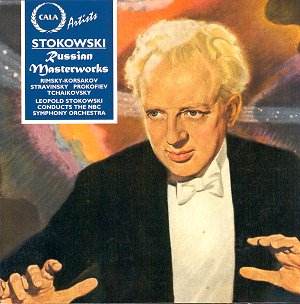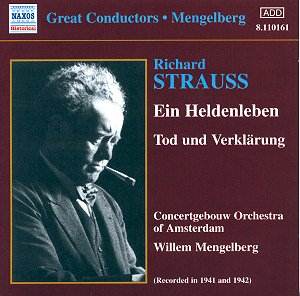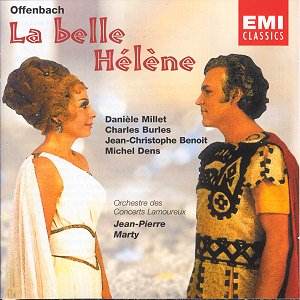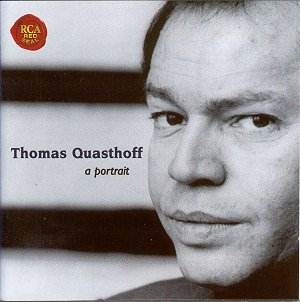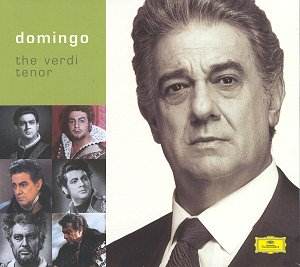 Composer: Domingo
Composer: Domingo
Works: Arias from: Rigoletto, Aida, Il Trovatore, Un ballo in maschera, Alzira, Ernani, Luisa Miller, Otello, I due foscari, Macbeth, Don Carlos, La Traviata
Performers: Plácido Domingo (tenor), Conductors: Carlo Maria Giulini, Claudio Abbado, Valery Gergiev, Lorin Maazel, Myung-Whun Chung, Carlos Kleiber
Recording: Various venues, 1976-2000
Label: Deutsche Grammophon 471 478-2
The legacy of Verdi tenors is a storied one, underscored by the formidable demands of the roles that span a range of emotional and dramatic landscapes. Plácido Domingo, a titan of the operatic stage, has long been celebrated not only for his vocal prowess but also for his profound interpretative skills. The compilation album “The Verdi Tenor” serves as a testament to Domingo’s commitment to this repertoire, showcasing a selection of arias that reflect his evolution as a performer from the late 1960s to the dawn of the new millennium.
Throughout this hour-long compilation, Domingo’s artistry shines through the carefully curated selection of arias, each capturing distinct facets of Verdi’s characters. The opening “La donna è mobile” from Rigoletto demonstrates Domingo’s ability to blend technical mastery with dramatic flair, navigating the aria’s playful yet treacherous nature with a nuanced approach. His phrasing is both lyrical and incisive, lending weight to the text while maintaining the buoyancy inherent to the melody. Under Giulini’s steady baton, the orchestral backdrop provides a lush complement, though at times the ensemble’s cohesion falters, particularly during the more intricate choral passages.
The interpretative choices made by Domingo across the varied repertoire reveal an artist deeply invested in character. In “Di quella pira” from Il Trovatore, the transition from despair to ferocity is rendered with remarkable intensity, showcasing his ability to imbue the music with a visceral emotional charge. Domingo’s command over the upper register is commendable here, although the raw power of his delivery occasionally tips into stridency. This contrasts sharply with his more restrained and contemplative rendering of “Addio del passato” from La Traviata, where he evokes a profound sense of yearning, demonstrating his versatility and depth as both singer and actor.
Recording quality across the album remains consistent, with Deutsche Grammophon’s engineering effectively capturing the nuances of Domingo’s voice, allowing the listener to appreciate the subtleties of his interpretation. The varying orchestral accompaniments, ranging from the lush romanticism of Abbado to the more spirited approach of Gergiev, provide a fascinating tapestry against which Domingo’s voice is set. However, the lack of a definitive conducting vision across the selections sometimes results in interpretations that feel less cohesive, as the interplay between singer and orchestra occasionally lacks the necessary tension to deliver a fully immersive experience.
Comparisons with other great Verdi tenors inevitably arise, particularly with the likes of Luciano Pavarotti, whose pure lyricism often contrasts with Domingo’s blend of singing and acting prowess. While Pavarotti may dazzle with vocal sheen, Domingo’s ability to convey character and drama often places him in a league of his own. This compilation serves as a reminder of how Domingo’s rich interpretative palette and vocal technique have contributed to the Verdi tenor tradition, offering a glimpse into the myriad ways in which he has brought these iconic roles to life.
The album ultimately stands as a rich repository of Domingo’s Verdi legacy, illuminating the artist’s journey through some of opera’s most challenging and rewarding repertoire. Each aria encapsulates not just technical skill, but a profound understanding of the human condition that Verdi so masterfully portrayed. “The Verdi Tenor” is not merely a collection of arias; it is a celebration of an artist’s lifelong dedication to a repertoire that continues to resonate deeply within the operatic canon.
